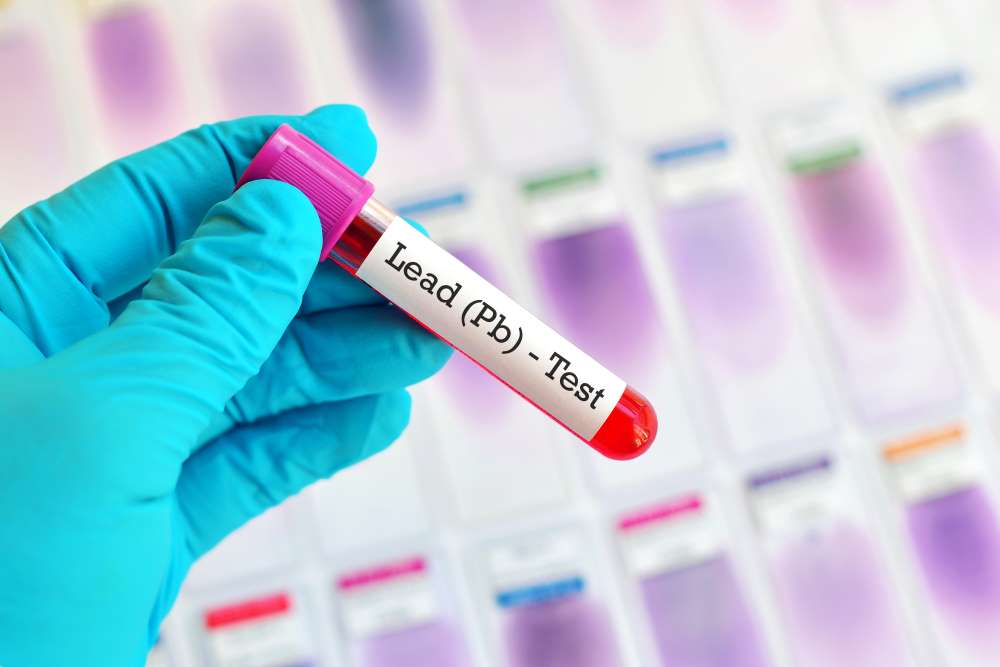
Parents experience great joy at the birth of a new baby. It’s a significant milestone for most people that signify the beginning of a new journey. And parenthood becomes even more beautiful and rewarding when the child grows up strong and healthy and turns into a mature, responsible adult. With that said, you can then begin to imagine the pain it could cause a parent to see any of their children become a victim of lead poisoning.
Sadly, many parents still don’t realize the devastating effects lead poisoning can have on kids. Here’s all you need to know about it and how it affects children.
What Is Lead Poisoning?
Lead is a metal that can be found in the natural environment. Although metals like iron and zinc are important to people’s health, lead is a highly toxic metal. It became easily accessible and widely spread for use by humans through mining and manufacturing. Since lead is toxic, lead poisoning occurs when there’s an accumulation of the metal in the body, leading to physical and even mental damage.
It should be noted that lead poisoning may not manifest in the body for a long time until a significant amount of the metal has been deposited into the bloodstream and major harm has already been done to the body. I was reading this article on childhood poisoning, and it explained that there’s no safe level of lead exposure to children.
Adults and children alike can be exposed to lead poisoning. However, in the case of children, lead poisoning can be fatal because they have yet to develop and mature fully.
What Lead Poisoning Can Do To A Child
As previously mentioned, one of the ways that lead became more accessible to man is through the manufacturing industry. That’s why the metal is present in more everyday items than you might think. It’s found in wall paint, some cosmetics, pipes, and even certain children’s toys.
For a child to be poisoned by lead, all they need to do is to put any of those products into their mouth and chew. As a parent, you already know that nibbling and chewing are children’s specialty. The effects of lead poisoning in children range from physical deformation to mental challenges. These will be discussed in more detail below.
-
Physical Health Effects
The physical effects of lead poisoning observed in children include headaches, abdominal pain, vomiting, and weight loss, among others. However, more serious consequences can happen when their exposure to lead is high. These include brain damage and nervous system breakdown. Such severe health conditions could lead to convulsions, coma, and death. Children who manage to survive may end up with a disability for the rest of their lives.
-
Behavioral Changes
Lead poisoning can result in behavioral issues as well. Some of the behavioral effects it causes are slow growth rate in children and lower intelligence quotient.
It’s also been noted that kids who used to be active socially can suddenly become withdrawn and asocial after being exposed to lead poisoning. They may also develop a reduction in their attention span, which would of course affect their performance in school.
-
Inability To Hear And Speak Properly
Due to the buildup of lead in the blood and bones, lead poisoning can cause deformation in the auditory system and result in hearing problems or hearing loss for the child. Most children who suffer from this particular condition are exposed to lead poisoning while still in the womb or are under the age of two. The poisoning can also trigger issues with speech articulation.
How To Prevent Lead Poisoning
Children should be protected from the effects of lead poisoning. Thankfully, it’s a completely preventable matter given that the following precautions are taken:
-
Wash Your Hands: You can never go wrong with washing your hands frequently and ensuring that your children are doing the same. Always wash with soap and water for at least 30 seconds. This would remove any lead residue that may be on the hands.
-
Keep Your Children Away From Soil: As much and as often as possible, see to it that your children aren’t playing with soil and dust since they could easily ingest lead that way. Now, this may be difficult since a lot of children enjoy playing with sand. In that case, you can make a sandbox for them to play in, find a source of all-natural and non-toxic sand online, and cover the sandbox to prevent lead contamination.
-
Give Them A Healthy Diet: Nothing beats a strong immune system. By providing your children with nutritious food, you can keep their immune system healthy. Foods high in vitamin C, calcium, and iron may reduce their risk of lead poisoning.
Conclusion
Even though lead poisoning is dangerous for both adults and children, kids are at a greater risk of lead poisoning. It could lead to various physical and behavioral health conditions such as fatigue, anemia, reduced concentration, and asocial behavior. In worst cases, it ends up being fatal.
The good news is that you can prevent all those things from happening to your child. By practicing good hygiene, reducing their contact with soil, and preparing healthy meals for them, you can protect your kids from the detrimental effects of lead poisoning.



























